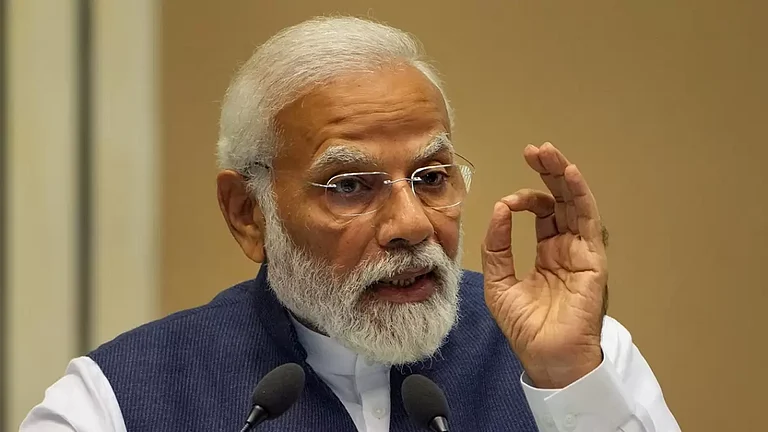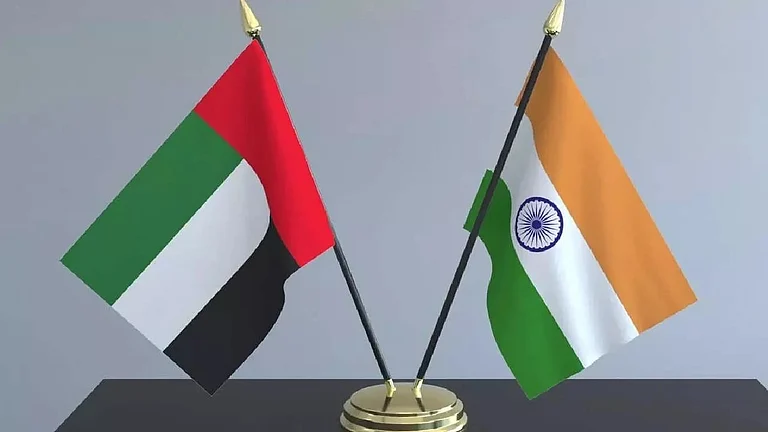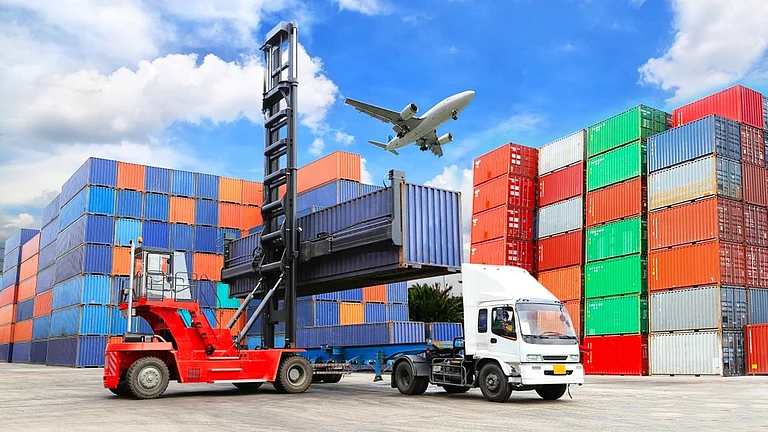India announced several measures against Pakistan on Wednesday following the terrorist attack in Jammu and Kashmir's Pahalgam on April 22, which claimed the lives of 26 tourists. Among others, the country has closed the Integrated Check Post (ICP) at Attari with immediate effect.
India has also cancelled the SAARC Visa Exemption Scheme (SVES) privileges for Pakistani nationals to tighten the entry into the country. “The integrated checkpost at Attari will be closed with immediate effect. Those who have crossed over with valid endorsements may return through that route before 1st May 2025,” said foreign secretary Vikram Misri.
Economic Impact of Attari Border Closure
The Attari border, located 28 kilometres from Amritsar in Punjab, is the only land route currently open for trade between India and Pakistan. It connects with Pakistan’s Wagah border and has long served as a channel for goods and people, despite tensions.
India majorly exports items like soybean, chicken feed, vegetables, red chillies, plastic dana and plastic yarn to Pakistan through this route. It also imports dry fruits, dry dates, gypsum, cement, glass, rock salt and various herbs from Pakistan.
This Wagah-Attari corridor has seen fluctuating trade and passenger movement figures over the years, depending on diplomatic developments between India and Pakistan. According to the Times of India, the land port recorded trade worth Rs 3,886.53 crore with 6,871 cargo movements and 71,563 passenger crossings.
Following the Pulwama Terror Attack in February 2019, India hiked duties on Pakistani goods to 200% and removed its most favoured nation (MFN) status. It affected Pakistan's exports to India and pulled them down from $547.47mn in 2019 to only $0.48mn in 2024.
However, Moneycontrol reported that despite diplomatic tensions, India’s merchandise exports to Pakistan reached a five-year high of $1.21bn in 2024. New Delhi has also been maintaining a huge surplus over Islamabad for several years now.
The increasing number of India's exports, which jumped over 300% in 2024 as compared to 2020, indicates Pakistan's high dependency on India. As tensions rise and the Attari border closure takes effect, all eyes are on how Islamabad will respond. The full impact of these measures—both economically and diplomatically—will unfold in the coming days.

































